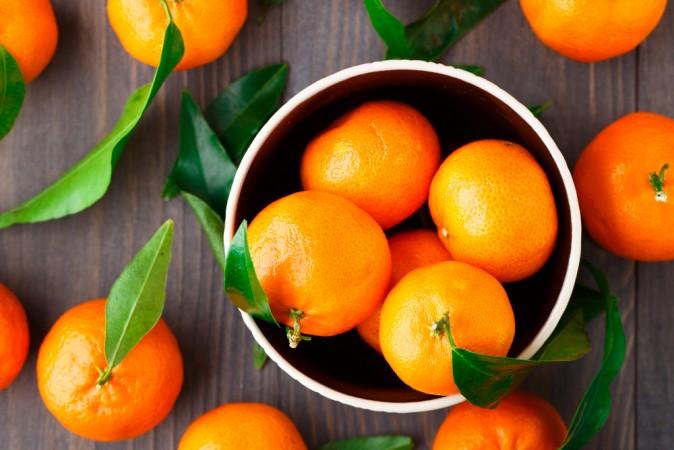Green tea may well be the healthiest drink on the planet. For many, the tea and its extracts hold great promise as potential treatments for cancer. But scientists had never identified how green tea helps reduce the risk of cancer.
Now researchers from Los Angeles Biomedical Research Institute at Harbor-UCLA Medical Center have figured out how green tea works.





